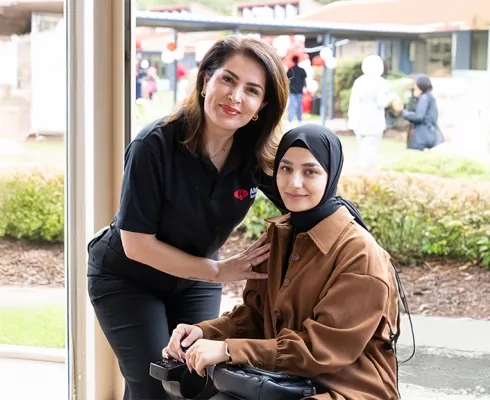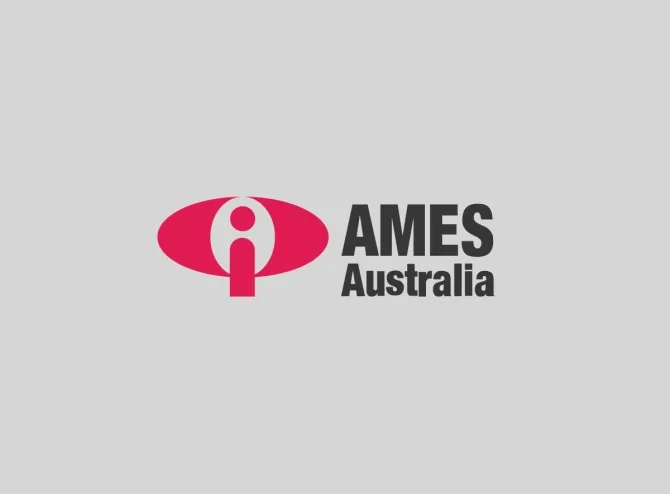Summer may be slowly making way for Autumn, AMES Australia would like to share some useful multilingual resources to help people from cultural and linguistically diverse (CALD) communities to cope with extreme heat waves - Please save or bookmark for future reference.
VicHealth says that during extreme heat it is easy to become dehydrated or for your body to overheat. If this happens, you may develop heat cramps, heat exhaustion or even heatstroke.
Heatstroke is a medical emergency which can result in permanent damage to your vital organs, or even death, if not treated immediately. Extreme heat can also make existing medical conditions worse.
The best way to survive the heat is to plan ahead for hot days and know what to do when the heat hits. Hot weather can affect anyone, including the young and healthy. However, some people are more at risk than others.
People most at risk: are aged over 65 years, especially those living alone; have a medical condition such as diabetes, kidney disease or mental illness, or; are taking medications that may affect the way the body reacts to heat.
Tips…
During extreme heat, remember:
Drink plenty of water, even if you don't feel thirsty.
Keep yourself cool by using wet towels, putting your feet in cool water and taking cool (not cold) showers.
Spend as much time as possible in cool or air-conditioned buildings (shopping centres, libraries, cinemas or community centres).
Block out the sun at home during the day by closing curtains and blinds.
Open the windows when there is a cool breeze.
Stay out of the sun during the hottest part of the day. If you do have to go outside, wear a hat and sunscreen, and seek shade.
Cancel or postpone outings. If you absolutely must go out, stay in the shade and take plenty of water with you.
Wear light-coloured, loose-fitting clothing made from natural fibres like cotton and linen.
Make sure food that needs refrigeration is properly stored.
Watch or listen to news reports to find out more information during extreme heat.
It's important to stay aware of the weather during summer, especially when there are risks of heatwaves or days of high UV. For more information on weather conditions, see:
Victorian seven-day forecast – Bureau of Meteorology
UV alert – Cancer Council Victoria
You can also register to get Heat Health Alerts from the Department of Health & Human Services.
See multilingual resources here: https://www.healthtranslations.vic.gov.au/bhcv2/bhcht.nsf/PresentEnglishResource?Open&s






